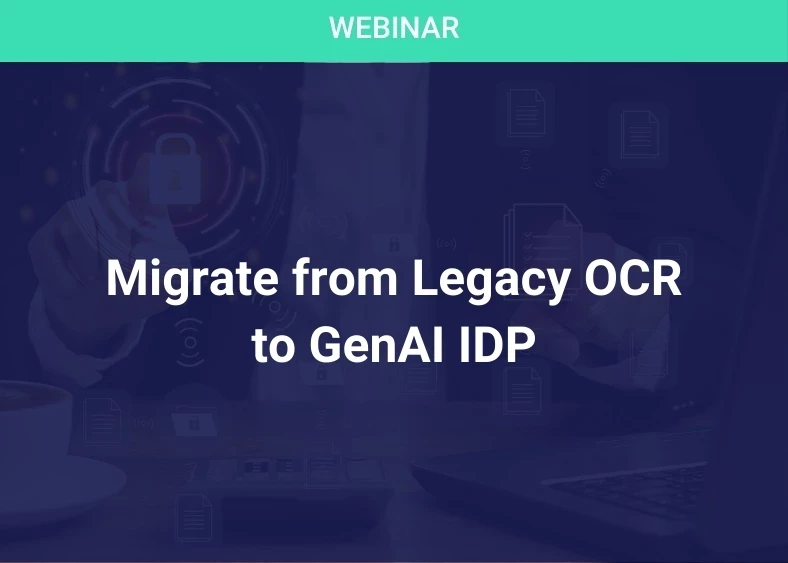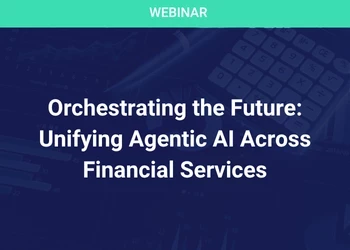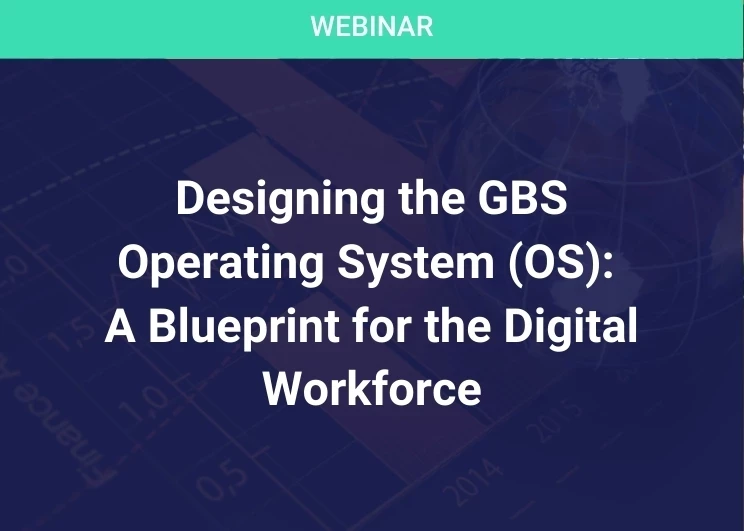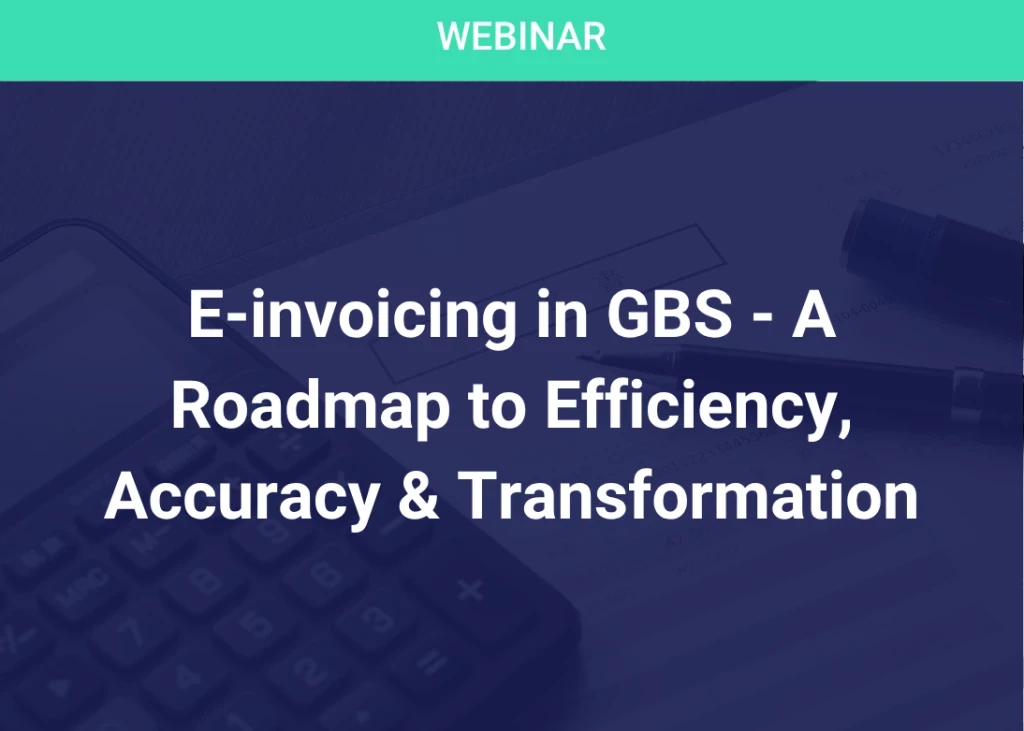Small Bangs: Planning & Implementing Shared Services
Add bookmark
At a Planning & Implementing Shared Services conference in London, a debate on Big Bang vs. Baby Steps: Is it better to limit the risk by starting small with a few transactional processes? Or should you go large and ensure maximum efficiency savings are created?
Facilitator:
Michael Hyltoft
Director
Kingfisher
Participants:
Mark Judd
Director HR SSC
Rolls-Royce
Christian Baard
Director Shared Services
Koncernservice
The Rolls-Royce Experience
Mark Judd; I’ll start by saying what Rolls Royce don’t do, which is a bit unusual but you will understand why, which is that we don’t make cars. Just for anyone that thinks we do, Rolls Royce PLC is responsible for a contribution to the civil aviation, marine, nuclear and defence energy markets. And we moved to shared services in HR - finance had been going for some time, but in HR the area that I am responsible for - we moved to shared services about three years ago. I joined from a previous organization that had implemented and run shared services. So I had the benefit of hindsight ahead of me given my previous role.
And what was interesting about the organization when I joined that role was that I took the time to do a presentation to the steering group responsible for the implementation of shared services, and presented them with a series of services that we were going to deliver, expressed in the form of the ‘journey map’, and on this journey map it indicated what we were going to have, what was emerging from our shared services, and what we would command. And on the spectrum I also showed what mature and best in class shared services were doing. And one of the senior directors looked at this and said we are an excellent organization, why are we moving slowly, why don’t we move straight to best in class. So I felt a bit like Jack Nicholson in a few good men, when he shouts at Tom Cruise and says you can’t handle the truth. Because, basically I said to him that best in class means that line managers in HR would be so self- sufficient, they need minimal support, they can access most of the information they need online, and minimally see that support in face to face terms. So he replied – well we couldn’t cope with that and I said ‘Exactly!’
So ‘Big Bang’ doesn’t work if you can’t bring your organization with you, but equally if you move too slowly, then you fail to move the organization. I guess the metaphor that I sometimes feel like a tugboat, trying to pull the great organization tanker from its current course to a new course. If you yank it too hard then the cable will snap, and you will drift off on your own. And the organization will move on its own merry way. If you don’t pull hard enough, then you are going to get tugged and pulled into the way that the organization works, so you have got to keep attention all the time. And therefore from our point of view, we were quite assertive; we kept our arms tied around everything, and pulled processes into the shared services, in whatever state that they were in, we accepted that that responsibility. And it was significant, because in Rolls Royce there were 250 sets of terms and conditions across the country, most of them locked into union agreements. And built the kind of tools and techniques that were going to make us successful and to delivering against that non-standard data, non-standard processes in a way that we felt that we could manage in a scalable point of view.
But we resisted the temptation for offshoring, for moving to low cost environments, to try to address the major differences in the way that we deliver the services in terms of some of the principles that Rolls Royce tended to hold dear. And interestingly enough when we go back to review the journey map that we presented, back in 2006, we can see that we are much nearer the mature, and in some instances in the best class areas which we weren’t at that time. These kinds of things emerged, and were the kind that would have been unthinkable in discussions when we first floated this idea. So I think that answers the question, as I don’t think there is a solution for big bang, or small steps, I think you have got to have enough impetus in your program to make it suitably comfortable, but not completely mad.
BIG BANG - The City of Copenhagen Experience
Christian Baard: My name is Christian; I am representing the shared service centre in the city of Copenhagen. We have tried the big bang, like Michael, I would love to say that I recommend the big bang, but I would try to say why you would go for the big bang, and then we could discuss that. In the city of Copenhagen, we did the big bang in twelve months from the first thought of making a shared service center, to starting up the shared service center. When we say the big bang it means that one year later we put all of these people together, we didn’t have infrastructure for the shared service center, and this was all to be set up in a new place, in a new building, with new HR functions, with new finance functions and so on.
The reason why we did the big bang was because of a couple of problems within the organization of the City of Copenhagen. The first thing that the management had to deal with in the City of Copenhagen is that in the City of Copenhagen there are several big departments. And every department agrees with the other department that they already are very effective
The reason for this ‘agreement’ is that you couldn’t actually put up a planning process saying that now you are going together, pull out time to standardize, pull out time to get common processes - because everyone thought that this was not going to be, so no one wanted to allocate resources, to make all these preparations. Another important factor for us was that if we were going to go through the process of planning; it would probably in the current environment take two or more years to make the processes and to complete the standardization. And this would not be a reasonable way to do it, in terms of the security you have to put off for your employees. Because you have some employees, and they can say, I’m going into a shared service center, but they don’t know what is happening for the next two or three years, because they are in the planning phase. And what we could see that they would lose a lot of good qualified people saying that we do not want to be part of the circus, we have moved on to another place. So that was another reason of going into the big bang, is important to get security for the employees, it’s important to get to know who are their new leaders.
The last and very important thing was that, when you are in this planning process, you are, and facing some changes in the infrastructure, and when you are starting the planning saying ok, maybe in two years we will have the new shared service centre, but they will take over the infrastructure - many people are saying that we cannot wait on that process, so we will start on our own infrastructure planning and investments. And these investments will often not, in the City of Copenhagen, be the investments that support shared service idea- And thereby make it even more impossible to go the shared service way. So that was also very important to the argument - give the control to the shared service centre; let the shared service centre get control, in investments.
The last reason was that when you go through a planning phase you have two other costs. You have the cost of planning and you have the cost of lost benefits, and you have to see that if we were to have a long planning phase then you would lose some of the benefits that we could see were in the shared service centers. So that was also another major reason to why going into the big bang, we were saying we have to realize and get these benefits that we can see as quickly as possible, so what the management in the city for Copenhagen did was actually say that from one year when we started the process we should actually go live. And we went live with 300 persons, and we can say two years later, that we have actually mapped out our processes, actually putting all the new people physically in a new building, where we actually have a new culture, and of course, there is a new cost by doing that but also some gains by doing the big bang.
Chairman: (Question to Mick Crowder, Head of Shared Services ‘British Waterways’) Mick, would you say that you did a Big Bang or took small steps?
Mick Crowder: Small bangs I would say! I think the question is a really good one, because it does mean different things to different people, big bang means, whatever you are going to do - doing it for everyone at the same time even if it means saying we are going to do for example AP today. We are going to do AP for everyone in this way. So that’s a big bang, and then there’s another little bang in AR, so to me the important thing is whatever you are going to do, do it from day one.
Chairman: I think the whole thing is - regardless of whatever you approach you take – I think the key thing to ask yourself is where for you want to end up - whether it is in 11 months or 3 years?
Mark: I think so, I think the question is probably how aggressively can you afford to push your organization into shared services, because it is not an absolute, you are on a continuum anyway and the idea of a multifunctional shared service centrer being established in a single location for many organizations is miles and miles away. Setting up a national shared service centre, so where everyone does something completely different, so within twelve months could feel like a big bang anyway.
So I think that it is a relative position, I guess that my point to some extent is that you have really got to agitate the organization enough to make it feel as though it is moving through change. If you don’t then you will find that it will simply erode very quickly, and that you will find yourself and people will be permission to carry on doing things in the way that they have always done. If you do something too aggressive, that is completely alien to the organization, you run a very small risk of not only setting a poor precedent of what future change you want to make, but actually almost being counter beneficial in as much as that you could lose the will of the organization to pursue quite a sensible strategy of what is shared services, because you pushed it too hard, too fast without thinking about the consequences associated with it.
Big bang always sounds like a bit high risk to me, it sounds like an explosion without control or thought, and small steps sounds timid and uninspiring. So maybe there is a language that we need to define in between, we’ve just had that definition, I like that little bangs, it’s enough to indicate to the organizations that something different is happening. I think that you get a sense actually, and that the big bang tends to be used projuratively most of the time, which is didn’t we do well - "we did a fantastic big bang implementation." It was a big bang implementation, and the change management wasn’t considered, and that’s why nobody likes it now. And I think that there is a difference.
What I have found interesting enough, is that we are rolling our shared services in other parts of the world now, we are doing it on a regional basis, as an interim step, and we have been very clear with what we are doing. So what we’re saying to the Rolls Royce organization right now is that we think that there are ultimately better models for us to move to, we don’t think you can move to it in one single go because the biggest benefits that we need to get are the transformation of the processes, and bringing everything that we do into one shared service organization rather than one shared service centre. But once we have achieved that we develop a portable proposition that you can than pick and choose to much more manageable steps to your name, and your next design. That has be brought off quite well because of the first implementation that we have done in the UK. And what is interesting about that is that the north American shared service centre, that we have now put into place, within 8 months we have achieved in that centre what took us 2 and a half years to achieve in the UK, simply because we had gone through all of the thinking, and a lot of the stakeholder management had already been done with the same people, and so it feels a lot less like a big bang even though we did it in significantly less time than when we did the launch in the UK, which felt like a major cultural shift. So actually, big bang is actually a great question to be honest with you, it’s a relative position frankly.
Christian: A comment is that you shouldn’t go big bang if you can’t take the risk of going big bang, so there is a very big risk of going big bang. The dark side is that you do not have control over your processes, you do not have control of your customers, and thereby you do not have control of the organization. You have to use a lot of energy to get that kind of control. Your start off for a shared service center would be where everybody is very angry at your shared service centre.
Mark: I think the big bang has lots of echoes after it, it reverberates for quite a long time for many years after, I do think that there is...I certainly don’t want to send the message, do it very slowly because it will work, because I don’t think that is the case, there is the same risk really which is the lack of impetus in any program at the beginning where there is not any bravery and ambition to try and do things very differently and makes it feel different does tend to erode, you tend to compromise consistently to achieve and move to a position where at the end of it when you try and chart what you have done position you think well we haven’t really done very much at all we just think we have, but nobody else does within the organization.
I think the other thing is that big bangs change as well, what seems a big bang when you first start out becomes quite achievable so you need to redefine again and again what the thresholds need to be in order to push the thing forward and to keep a good track record of delivery, and on things that have been successful, as illustrations to the rest of the organization where things can be successful, and where you can push the envelope even further.
Attendee: There is also the question of money - If you are going to do a big bang you have got to have a lot of money up front and you need to ask yourself are you financially able to do that or is it better to do it in small steps and chart it out?
Mark: It is true though, you sometimes don’t get the choice, particularly when you are talking about making the change on the back of the system’s implementation, because there isn’t really a middle ground. When you put a new platform in to do something like self-service or new performance management or forms of financial procurement or financial administration - the very nature of that interface completely changes, and you have no choice, you have to do it, and you have to do it overnight or at least for a very minimal parallel period. So in those circumstances, by virtue of what you are trying to do you’re making a very significant change. I am not sure of that is the true nature of the question, because I think those things are kind of accepted in the sense that although, those are the kinds of changes that have to operate in that way. But that’s one example where I can think, that incremental steps just can’t work, you can’t do it in pieces you have to do it in one step.
Part II will continue next week.....





















